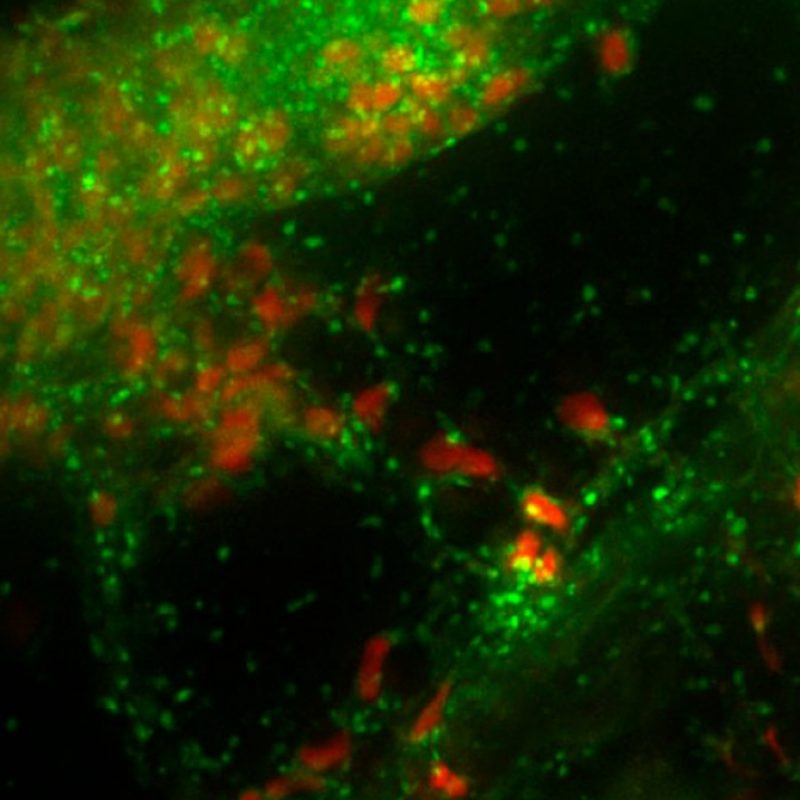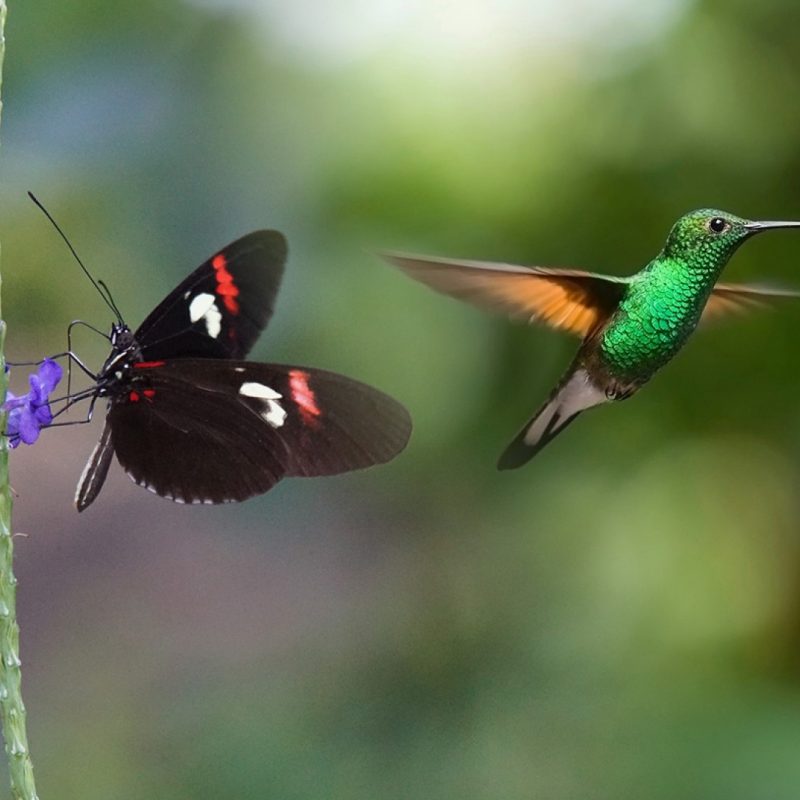Tag: Plant Hosts
-

CIHMID/CCFI Joint Symposium
REGISTER HERE: cornell.ca1.qualtrics.com/jfe/form CIHMID, and the Cornell Center For Immunology (CCFI) will present a joint research symposium, open to the Cornell community. And despite the uncertainty surrounding Covid, and the Omicron variant specifically, CIHMID and CCFI are confident our joint symposium will be safe, and accessible for all attendees. As of right now our plan is to […]
-

URE Program now accepting applications
Now accepting applications to CIHMID’s Undergraduate Research Experience (URE) Program for current Cornell undergrads. Find more info here. Applications are due Nov 8, 2024.
-

Clare Casteel lab
Numerous studies demonstrate that vector-borne pathogens, such as viruses, influence host characteristics that result in altered host-vector interactions and enhanced virus transmission. We seek to determine the molecular mechanisms that underlie this phenomenon and use this knowledge to develop innovative control strategies using genetic and biochemical approaches. Current focuses are on changes in plant signaling […]
-

Pawlowska: Food safety and fungi
Assoc. Prof. Teresa Pawlowska discusses her lab’s work on food safety and fungi. The full text of the Cornell Chronicle story is below. CORNELL CHRONICLE STORY By Krishan Ramanujan A new grant will investigate how bacteria that live inside the cells of fungi may shape the biology, evolution, biodiversity and function of these fungi – […]
-

Helmann lab: new elongasome function paper
The John Helmann lab has a new paper out, “A regulatory pathway that selectively up-regulates elongasome function in the absence of class A PBPs” in eLife. LINK TO PAPER: https://pubmed.ncbi.nlm.nih.gov/32897856/
-

Ellner develops new tool for modeling
Prof. Stephen Ellner is developing new statistical tools for ecological modeling with Associate Professor Giles Hooker through a project supported by the NSF, as described in this Cornell Research article from last summer. LINK: https://research.cornell.edu/research/new-statistical-tools-ecological-modeling
-

Casteel: Nature Plants paper
Associate Professor Clare Casteel (SIPS) has a paper out in Nature Plants, in collaboration with labs at UC Davis: “Organic management promotes natural pest control through altered plant resistance to insects” PAPER: https://www.nature.com/articles/s41477-020-0656-9.epdf
-

Evolution of Symbiosis
The long-term goals served by this project are mechanistic understanding of plant disease and development of broadly effective and durable means of control. The project seeks to structurally and functionally characterize a pathogen-activated host gene that plays a critical role in disease in a major crop species, and to ascertain the potential of strategies to […]
-

Ecology and Evolution in Bacteria-Host Interactions
The Hendry lab uses experimental and -omics approaches to understand the impact of host interactions on bacterial ecology and evolution, as well as how microbes influence hosts. Research in the lab focuses on a variety of systems, particularly insect and plant associated bacteria. Our interdisciplinary group encompasses broad interests within microbiology, evolution, and ecology and […]
-

Fungal-bacterial interactions
The Pawlowska Lab studies interactions between fungi and bacteria using several model systems. Potential projects involve: (1) dissecting the mechanisms of innate immunity in fungi, (2) evaluating the impact of bacteriome on phenotypic diversity of fungi, and (3) examining the role of common mycorrhizal networks in plant microbiome assembly.
